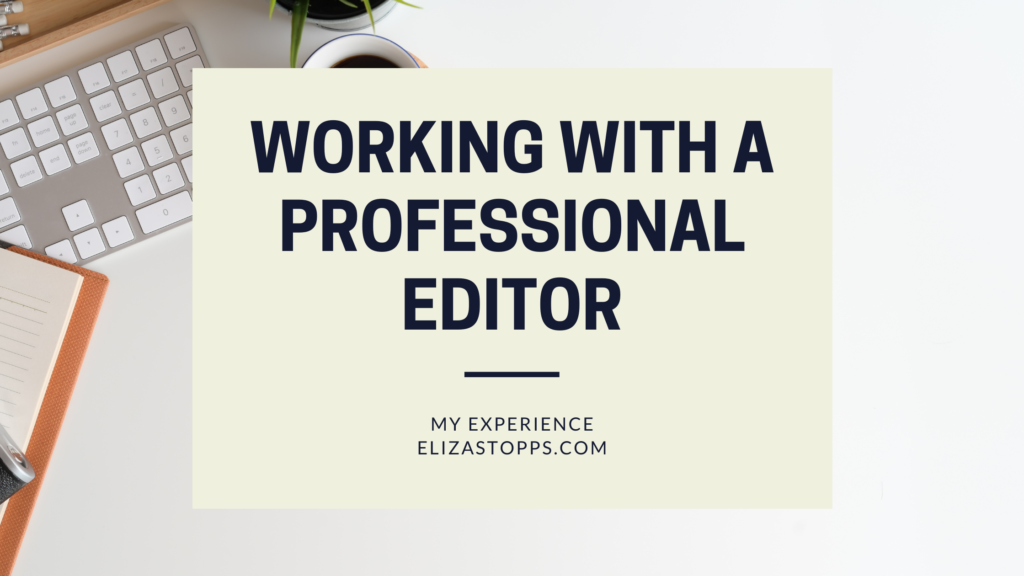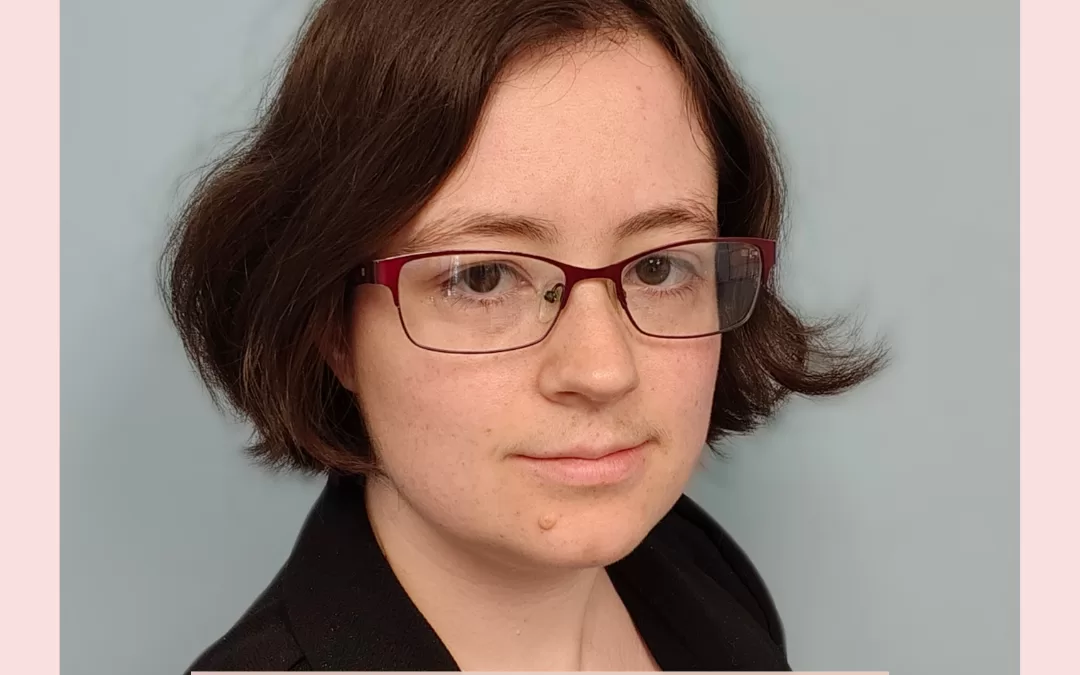
What is it like to work with a professional editor?
This post is obviously going to be based on my personal experiences. With anything, I’m sure the editor makes a huge difference in what a professional editing experience will look like. I’ve worked with editors as coworkers, I’ve had editors work on my traditionally published poetry, and I’ve worked with editors for my self-published works. Each one has been a little bit different, but the process is more or less the same.
Plot Editor / Structural Edits / Content Editor
Sometimes you need to work with an editor that looks at your plot. They aren’t going to be going through each sentence with a fine-toothed comb. They will take a look at the whole picture, point out any plot holes, and even give you ideas on how to change certain areas to make them more compelling.
I used a content editor with Leslie Kim #101. I had some worries about whether the plot would make sense because I was tackling a lot all at once. I had a mystery timeline, government conspiracy elements, mythical creatures from folklore including vampires and undines, and it all took place on an alien planet. I had good responses from beta readers, but I wanted to feel completely confident before putting it out in the world.
When you contact any editor, you will typically send them a brief email that tells them about the genre, word count, sometimes a brief synopsis, and any deadlines you might have (so they know they can get it done before you need it.)
I did all of that with the content editor and also included some of my biggest concerns about the manuscript. Did plot point A makes sense? Is this reveal too shocking or did I leave enough clues along the way? Questions like that. Then I sent the manuscript over as a .doc file.
When she was done with the manuscript, she sent me the document back with the “track changes” function on and also left comments. Most editors I have worked with use Microsoft Word because these features are very helpful.
Depending on your editor, you might be able to go back and forth a few times about plot issues. It kind of depends on what you paid for and they are usually great about setting expectations.
After the manuscript is solid, it’s time to send it over to a proofreader.
Copy Editing / Proofreading / Line Editing
Now, copy editing usually allows the editor the freedom to move sentences around, work on structure, and change wording. They will do this in track changes so you can refuse the change if you don’t like it. I don’t know if I have ever had to refuse a change.
Line editing is usually the final stage where you think your manuscript is perfect. Then you send it to the line editor to go through each and every sentence for all grammar errors (I usually have a lot) and wording issues. When you get the manuscript back, it will typically be as close to perfect as it’s going to get.
Do you need to do all 3 steps?
So, the three steps for editing a book are:
Structural Edits
Copy Edits
Line Edits
The names sometimes vary based on the editor, so I know that’s confusing.
Whether you need all three steps mostly depends on how much experience you have writing and editing your own work.
If you think you can go through the manuscript and get the plot in order and you want to use a copy editor for some of the nitpicky stuff, you can do that. Maybe you even trust yourself to do the final read through and line Edits on your own.
If you are working with a writers group or beta reader, then you might not need to worry about the structural Edits quite as much. But you do need some eyes on this stage before you publish. You don’t want to send your manuscript over to a line editor and be told that it is far too rough to be able to complete the edits.
Some editors will do all three stages with you. This can be really nice because they can get their eyes on it at least three times. That might help them to catch any little errors that they might miss with just one round of edits. A full editing package will typically be more expensive, but it is as close to a “traditional* editing experience you can get as a self-published author.
What is editing like when working with a publisher?
This really depends on what type of publisher you are working with.
I’ve had poems and articles published, which are pretty small. So, they are typically edited, and they will send me back a final copy to “approve” and there isn’t much back and forth. I haven’t ever disagreed with an editor in this process either. But I’m also not afraid to “kill my darlings.”
I haven’t had a book traditionally published, but I’ve talked with authors that have and I briefly worked at a small press (which you probably know if you’ve read my blog before. I talk about it a lot.) Unfortunately, trad authors do still have to do some leg work. They typically go through all three stages of editing and sometimes more. When the book is done, they are typically sent a “proof” copy to approve of. Some books take years to get through the editing process. Especially if the book is very long or complicated. At each stage, it is the author that must go in and do the rewrites.
Does it get easier?
I will be honest. I don’t like editing my own work. I think with each process it gets faster but more annoying. It is frustrating for me to go through the editing process again and be told I’m still making the same grammar mistakes. But we all have bad habits and that is why we are working with an editor in the first place.
I do know of some self-pub authors that do all their own edits. Some people are great at this and others are a complete disaster. So, just be honest with yourself and make sure you are confident that you know what you’re doing before publishing self- edits. I could never do that personally, because my editor is worth every penny.





Love this! Great information!